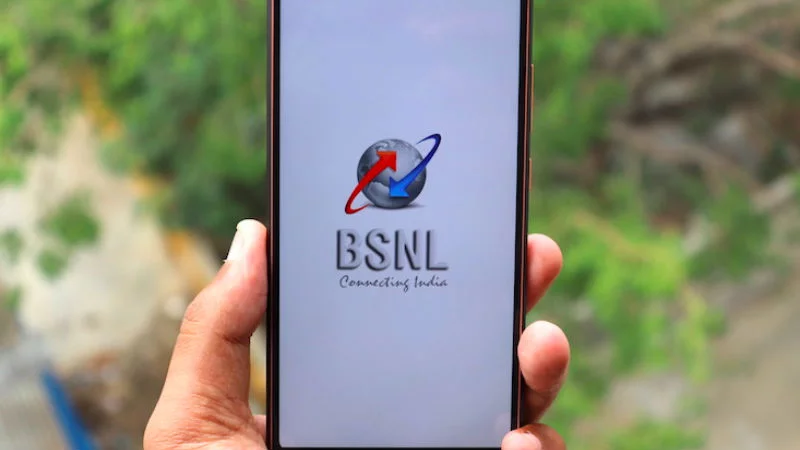The last year has been very troubling for the state-led telecom operator, Bharat Sanchar Nigam Limited (BSNL). The government-led company has been struggling to get by owing to the neck-deep losses, which were strangling the telecom operator. The major hurdle in the profitability of BSNL was the very high employee wages, which were taking a big chunk of the earnings out of the balance sheets and were eating into the profits of the company. However, now things are turning around for BSNL, as the telecom operator has now received the much-needed relief from the government. As per a new ET Telecom report on the matter, BSNL is on the trajectory to make savings of Rs 600 crore per month now that its 79,000 workers have opted for the Voluntary Retirement Scheme (VRS). Not only this, BSNL has got other avenues which it will explore to bring in more cash flow. As per this report, BSNL will also look towards monetisation of Rs 73,000 crore worth of land assets which will cure the balance sheet problems of the telecom operator.

BSNL Cuts Down Employee Costs
BSNL chairman, Pravin Kumar Purwar remarked about this development, “We are saving up to 50% or Rs 600 crore monthly on employee cost. In the two months of February and March in this fiscal, savings of nearly Rs 1,300 crore are coming to us.” It is worth noting that in total, BSNL had a worker base of 1.5 lakh. It was because of this massive workforce that BSNL was shelling out its revenue to pay the salaries. The wage to revenue ratio for BSNL was around 75%, as opposed to the private telecom operator, which spend less than 10% on the salaries to their employees. However, after getting the relief package from the government and the nod for VRS, as many as 78,569 employees have opted for the VRS. However, BSNL will still be taking care of the salaries of these employees until January 31, 2020.
BSNL Also Makes Cuts to Power Consumption
This is not the only way in which BSNL would be saving money and cutting corners to improve its balance sheet. There would be a series of internal cost-cutting measures as well. Not only this, but BSNL would be making some cuts in operational expenditure too. Also, there would be a 15% cut in the power costs that currently come out to be Rs 2,700 crore annually. It is worth noting that currently, the operational costs of BSNL come out to be Rs 10,800 crore every year.
Land Asset Monetisation and Other Plans
The relief that came from the government for reviving the government PSUs was not only for BSNL but also came for the metropolitan counterpart of BSNL, MTNL too. In this relief package, the telecom operators received some monetary relief, VRS package, and land monetisation programme along with the allocation of 4G airwaves. Purwar also added, “We are looking at BSNL-owned assets which are more than 60%. BSNL has revalued its assets. Non-leased assets are valued at Rs 73,000 crore.”
The total real estate value owned by BSNL stands at Rs 1.1 lakh crore. Another revenue source that BSNL would be exploring is telecom infrastructure tenancy which would further propel the revenue of the telecom operator. If this plan materialises, then BSNL would set to benefit a lot since the telco owns 68,000 mobile tower sites and 7.6 lakh kilometres of optic-fibre based network.















